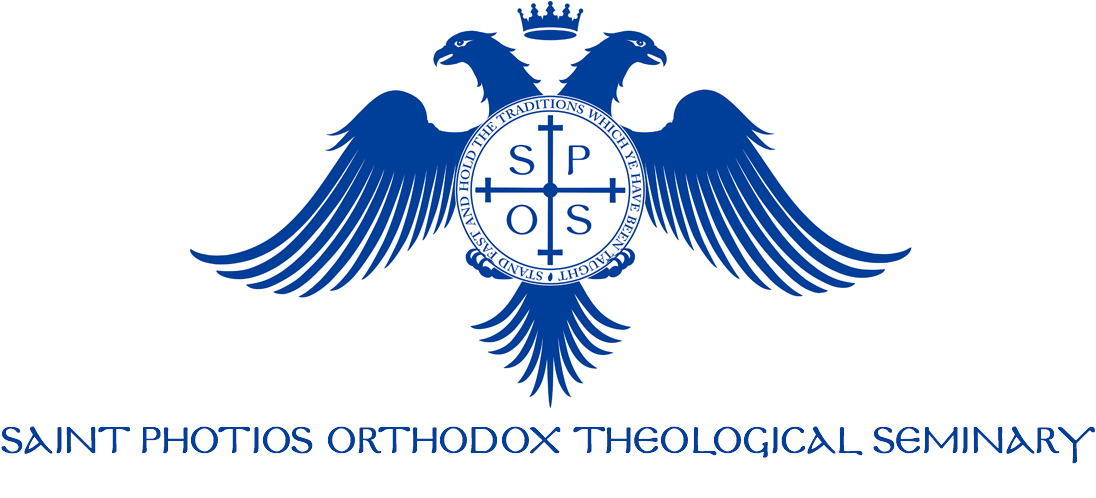The Reading is from the (False) Prophecy of Paisios
- Details
- Created on Thursday, 17 November 2011 16:53
In the August 6, 2009 edition of the newspaper «Ελεύθερη Ώρα» (Free Time), the following article was published with the title “Grapsas, Paisios and the Prophecy!”:
“There was another prophecy for General Grapsas and they feared it.
For some time now the prophecy of Elder Paisios is circulating. Certainly, while the prophecy is one thing, reality is something else, but somewhere there is an extreme. For about a year now we have come across from many sources an event which occurred between Fr. Paisios of the Holy Mountain and General Demetrios Grapsas, head of the Hellenic National Defense General Staff.
Specifically, Fr. Paisios told General Grapsas that he would enter Constantinople as a liberator.
A group of soldiers waited at the elder’s fence in Panagouda. They lifted up their eyes and saw the elder coming towards them. He opened the gate of the fence and welcomed them. They sat down under a tree and he began talking with them.
At some point one of the people from the group said to him:
“I can’t take any more Elder, I’m going to retire from the military.”
The Elder turned, looked at him and said:
“You will not resign; you will be the leader of our country’s defense staff when the Turks will attack us.”
Everyone looked, full of amazement.
“And when will this happen, Elder?” they asked him.
“When it will be the time for spinach.” he told them, and he changed the subject.
Many years have passed since then, the elder reposed and the officer remained in the army and progressed.
He is Mr. Grapsas, who up until Thursday August 6 has been the leader of the Hellenic National Defense General Staff.”
Of course, “the time for spinach” passed and General Grapsas has already retired. But neither have the Turks attacked our country, neither is Mr. Grapsas any longer the leader of the army. Thus the prophecy of Elder Paisios, who is alleged by the New Calendarists to be a saint, was proved false.
In the Old Testament it states: “Whatsoever words that prophet shall speak in the name of the Lord, and they shall not come true, and not come to pass, this is the thing which the Lord has not spoken; that prophet has spoken wickedly: ye shall not fear him.”
Translated from the Greek
Orthodox Awareness
A Miracle of Saint Spyridon
This miracle of Saint Spyridon took place in Mandra, Greece in 1926.
It was 12/25 December, 1926. The state Church of Greece adopted the Papal calendar and with the help of the Greek government persecuted all those who did not accept the Papal calendar. The faithful Orthodox Christians of Mandra woke up and headed to their Church to celebrate the Feast of Saint Spyridon. When they reached the Church they saw that the door to the Church had been secured with chains and the faithful could not enter. Before leaving the Church to return to their homes they stuck their candles on the door. As soon as the last person placed his candles on the door
the chains broke and fell. The faithful, confirmed in their Faith, entered the Church and celebrated the Feast of Saint Spyridon.
The miracle was reported the next day by the newspaper Skrip.
Missions
Saint Matthew the Evangelist, Jonesboro, Arkansas
Jonesboro is a town located near the Eastern border of Arkansas, with a population of approximately 60,000. From a human standpoint, it’s not the most likely candidate for a traditional Orthodox mission, but for an Orthodox Christian who orders his priorities around Christ and His Church, it makes perfect sense. Read more...
Youth
2023 Youth Conference
Please join us for the 2023 youth conference in Chicago, IL! To learn more, visit the home page or visit the conference website.
Ask A Priest
Is the GOC Insular?
Q. In considering becoming part of the GOC in America, I am getting warnings from various circles that the attitude of GOC people is that of being “walled off,” “arrogant,” “judgmental,” and “in your face” toward those not in the Genuine Orthodox Church, with accusations such as “World Orthodox” priests are “not even Christians” and the like. Could you give me your personal, realistic assessment of this dynamic and possibly refer me to an official statement on how GOC members should and do relate to and communicate with those in “World Orthodoxy”? Read more...





